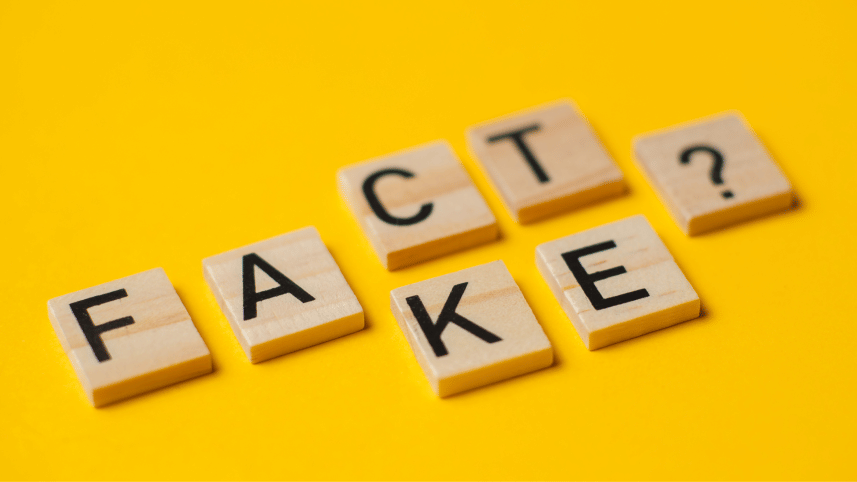Saving society from disinformation: A shared responsibility

In Bangladesh, where many people still struggle to access quality education, where digital literacy is limited, and where institutions often fail to hold themselves accountable, the spread of misinformation is especially dangerous.
When people are less trained to question sources or verify facts, even a single false post can ignite communal tension, damage reputations, or manipulate public opinion overnight. Over time, this constant exposure to falsehoods erodes trust, civic responsibility, and national unity.
The danger is both immediate and long-term: social divisions deepen, democracy weakens, and generations grow up believing in false narratives. To save society from this invisible social virus, every sector – from the government to ordinary citizens – must act together.
In today's digital age, information travels faster than truth. Social media, once celebrated as a platform for freedom and connectivity, has become a fertile ground for misinformation, disinformation, and AI-generated propaganda. The damage is deep – from distorting public opinion to harming young and vulnerable individuals who often cannot tell fact from manipulation.
Saving our society from this silent epidemic demands shared responsibility from the government, mainstream media, citizens, and independent content creators.
Government: educate, regulate, and act
The government must set the tone. Awareness campaigns through TV, radio, and online platforms can teach people how to spot misinformation and disinformation, manipulated images, and AI-driven propaganda.
Stronger laws are also needed to hold deliberate spreaders of misinformation accountable. Financial penalties, quick suspensions of fake accounts, and transparent enforcement would send a clear message.
Governments already have digital monitoring tools and cyber units – what is needed now is accountability and prompt enforcement.
Mainstream media and journalists: verify and inform
Mainstream media remains a crucial pillar of truth. Journalists must track social media narratives, identify propaganda, and educate the public through verified reporting.
Regular "fact-check" segments in newspapers and on TV could help dismantle viral rumours and explain where they came from, slowly rebuilding public trust in credible journalism.
Citizens: learn, question, and think critically
No policy will work unless ordinary people themselves become more careful. Media literacy needs to be taught in schools, universities, and through national campaigns. Learning how to question sources, check authenticity, and resist emotionally charged content should be part of everyday life.
Simple messages like "think before you share" or "check before you believe" should become part of everyday life.
Content creators: new frontline of truth
Responsible YouTubers, vloggers, and social media influencers can play a huge role in educating their audiences about misinformation.
They can show practical examples of how to identify deepfakes, AI-edited content, and politically motivated propaganda – turning their platforms into digital classrooms of truth.
A collective duty
Protecting society from disinformation is a shared national duty. Governments must lead, media must verify, citizens must question, and content creators must enlighten.
If left unchecked, misinformation can destroy social harmony and weaken democracy. But if tackled wisely, it can help create a smarter, stronger, and more truthful generation.
 For all latest news, follow The Daily Star's Google News channel.
For all latest news, follow The Daily Star's Google News channel.
Comments